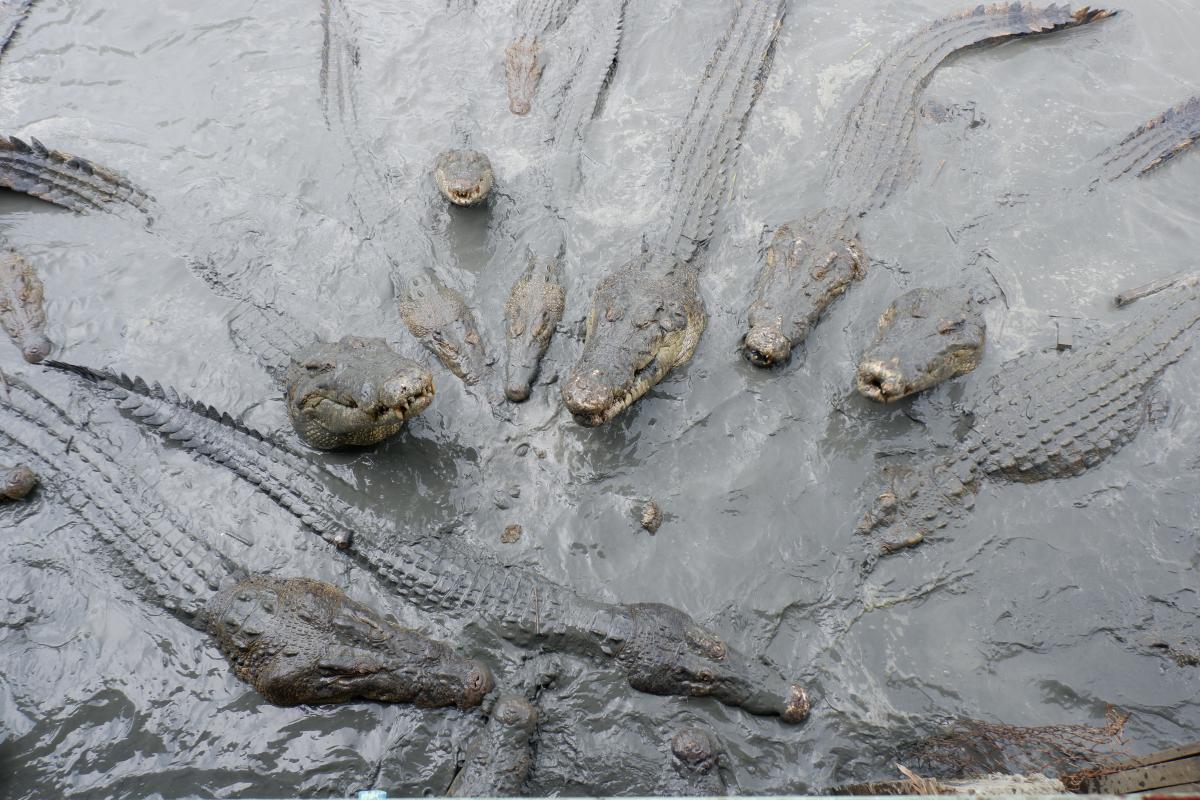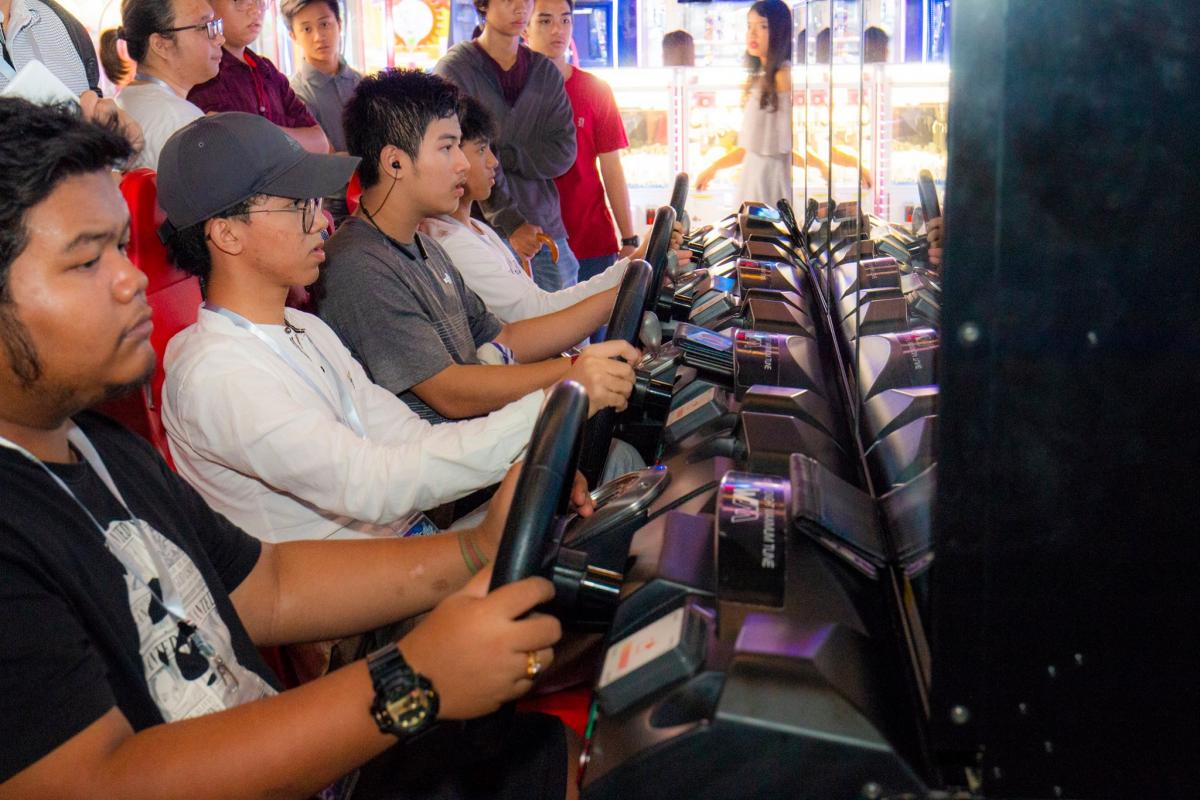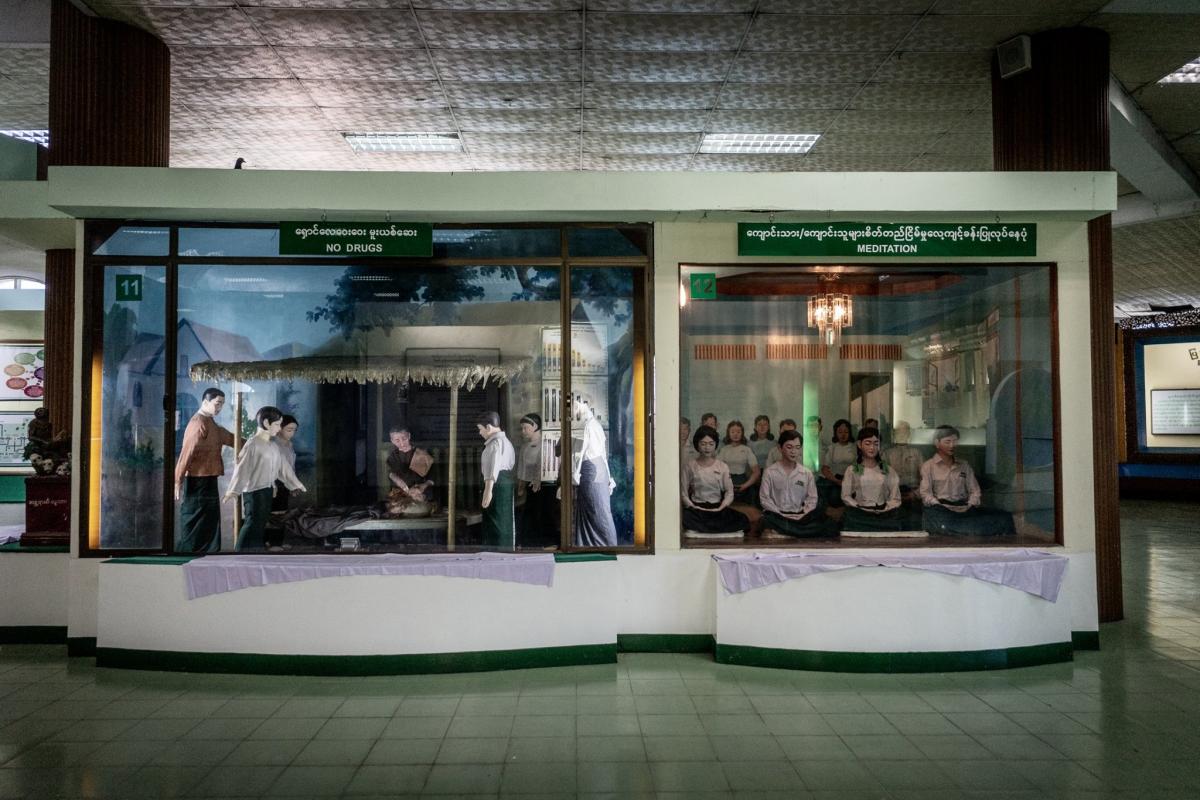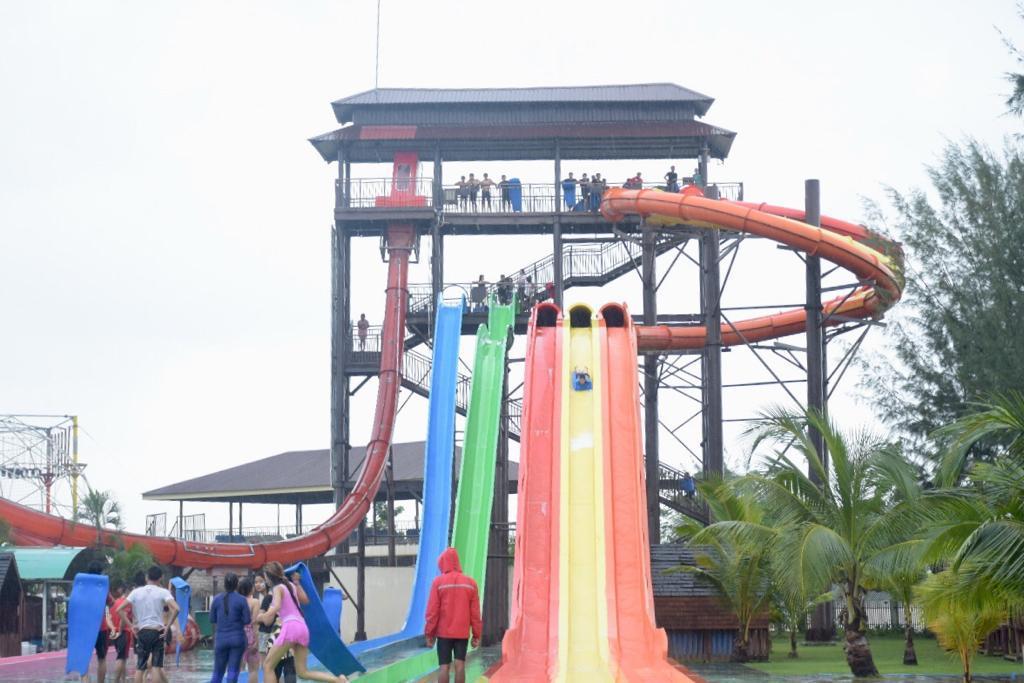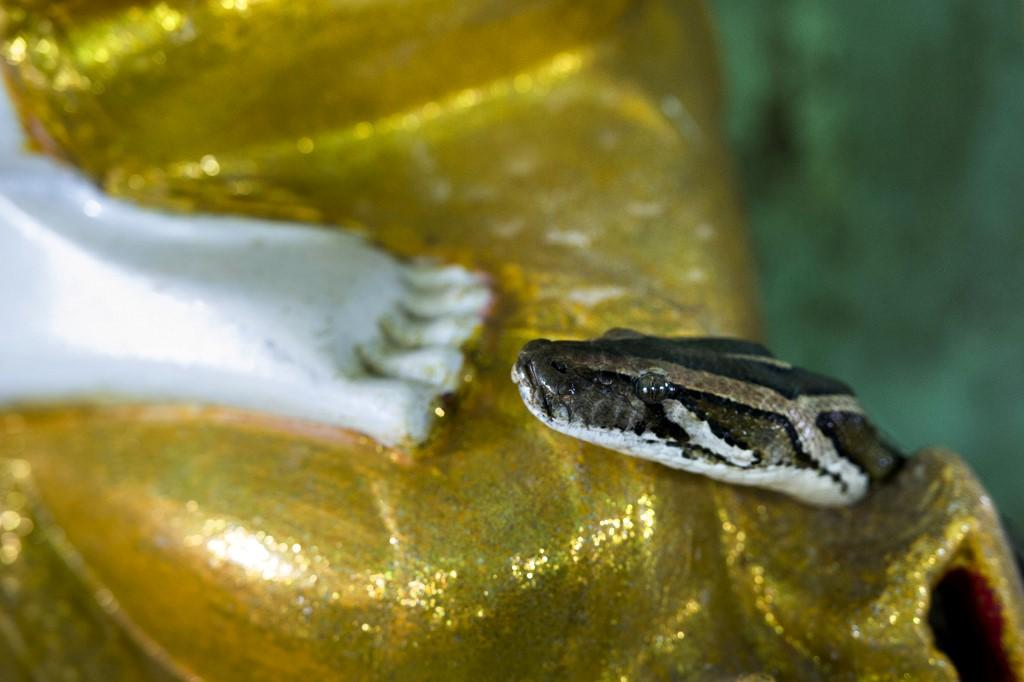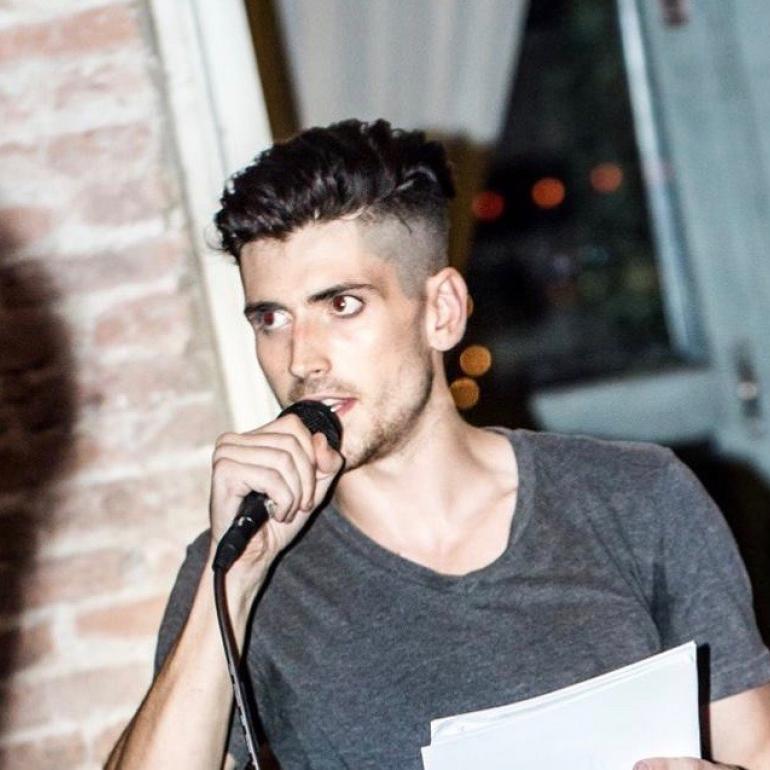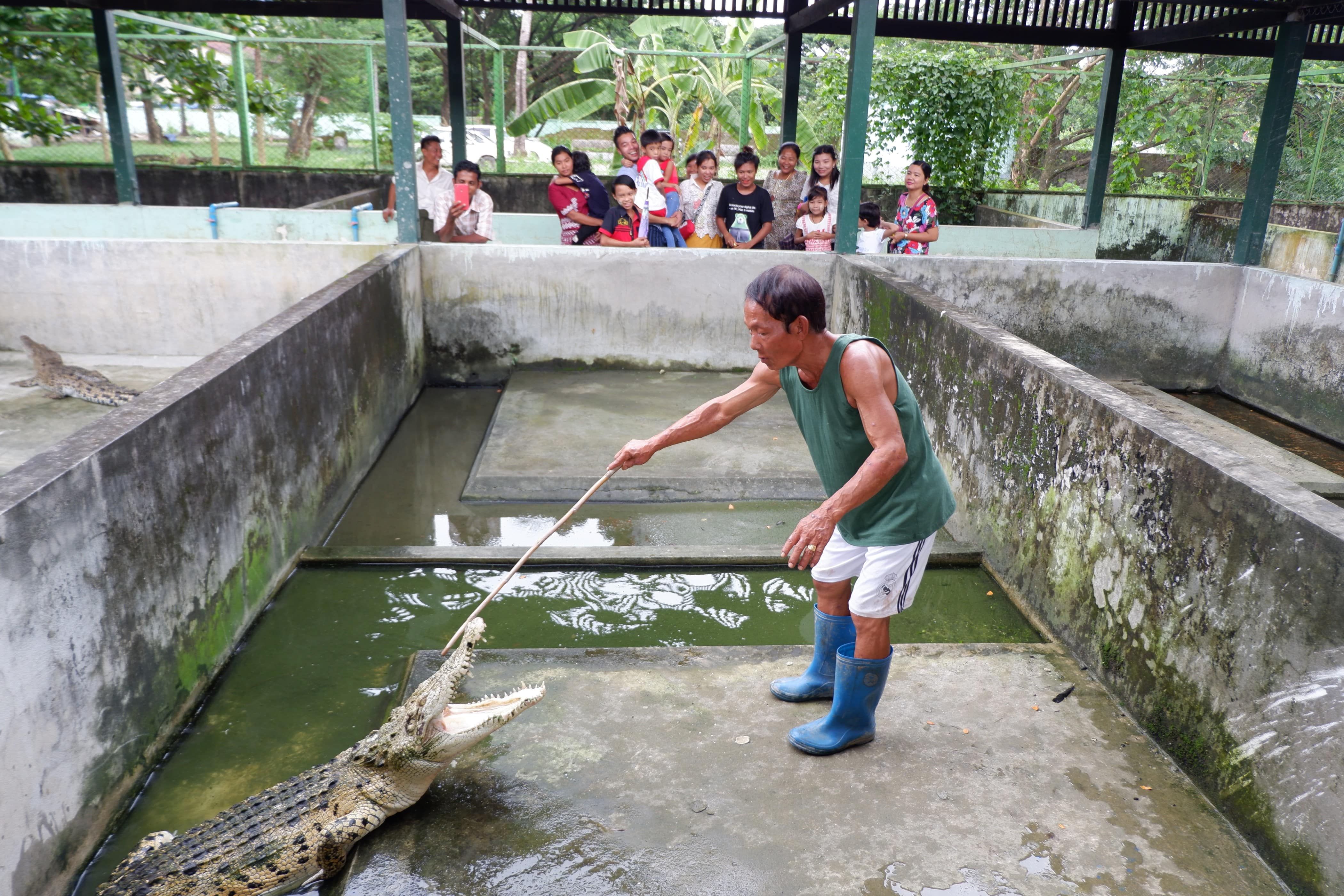
Life: a stumbling hellscape of fear and uncertainty. We are, argues anti-natalist philosopher John Rothman, condemned to a life of perpetual misery and frustration. “We’re almost always hungry or thirsty,” he writes. “When we’re not, we must go to the bathroom.”
In Yangon of all places, this sense of futility and horror can reach a pitch that is almost too much to bear. That’s why we have compiled a list of five less-known Yangon destinations, distractions from life’s absurd emptiness and fuel to keep you going for another day.
This jealously guarded list of cult locations has taken two years to compile, and represents the sum total of all of my knowledge of the Big Betel: Yangon. There is literally nowhere else in the city except for these places, and anyone who suggests otherwise is a delusional fool.
So reach your trembling hand towards your morning can of Andaman, stuff a wad of fresh betel into your cheek, and for just one day, experience the city through the eyes of the brave.
Thaketa Crocodile Farm
Occupied by a small army of saltwater reptiles, some of whom grow up to 15 feet long, the crocodile farm is located in one of the city’s sprawling industrial estates.
Reliable sources inform me that the stated purpose of the farm is a lie, and it actually exists to breed martial crocodiles for shock troops.
The crocodiles are trained in elementary reptile lethwei, using their large snouts to beat their prey unconscious before devouring their flesh.
Should the Thais ever try to invade, the reptiles will be released into Yangon’s sewers, dragging the screaming invaders down to feast on their bone marrow in the labyrinths below. Visitors to the farm are advised to avoid speaking Thai, red white and blue colours in proximity, peanut sauce or excessive smiling.
The farm appears to be managed by a single wizened man, who may or may not have been an actual crocodile in his previous life.
He can be found putting on an enthralling show where he places his head in the jaws of a crocodile, all while reciting a litany of baffling lies, such as claiming that crocodiles have “sonar glands” on the sides of their head. They don’t.
Thaketa Industrial Estate
Hours: 6am-6pm
Price: 1,000 kyats
Alibaba Amusement
Alibaba Amusement is an epileptic’s personal hell, a sensory overload of flashing lights and screaming voices emitting from rows of blinking terminals.
There are a few in town, but my favourite is nestled on a corner in downtown Yangon just a few minutes walk from the endearingly phallic Peace Monument.
Highlights include a deranged Japanese Taiko drumming game, a barely functional Tekken machine with mangled joysticks, an incredibly undamaged air hockey table and an abysmal Walking Dead style game where you shoot zombies with crossbows.
Also of note are the tables where middle-aged Burmese men and women chew betel and wile away the hours playing a psychedelic video game where players shoot bullets at a giant fish.
My friend explained to me that the reason for the rapt attention was that money was being passed under the table.
If nothing works out for you in your life, consider becoming a betel-stained degenerate, gambling your parents’ inheritance on the outcome of a fish-based shooting game. And please, do it at Alibaba—I’ll see you at the fish tables.
Address: Alibaba Arcade, Shwedagon Pagoda Road
Hours: 9-11pm
Drug Elimination Museum
Myanmar, a semi-functional narco-state, is also renowned for its anti-drugs museum. Apparently dreamt up in the cold sweats of an especially brutal yaba withdrawal, it is a shrine to fear and madness; psychedelic, horrifying and bizarrely inaccurate all at once.
Creaky, poorly maintained and with barely functioning air con, the museum is plagued by mosquitoes and crumbling exhibits. The staff appear to be trapped within the confines of the museum by an ancient curse, and its ambiguous whether they are aware that their main market is tourists who have come to mock the absurdity of the museum itself.
Highlights include dioramas of dancing teenagers with needles embedded in their arms, a full-sized poppy field and triumphant depictions of the clean living, sober military. You can also trace the life of a drug addict, from the rollicking highs of a rock concert to the inevitable transformation into vulture carrion.
Address: Kyun Taw Road
Hours: 9am-4pm
Cost: 4,000 kyats, 9,000 kyats if you want to take pictures
Water Boom
The worst things about water parks, much like life, have to do with the presence of many other humans around you. Many western waterparks submerge you into a fleshy sea of human contact, with long lines that force you to wait cheek to cheek with a frothing, dribbling, pissing sea of humanity.
Water boom is all the best parts of water parks: questionable safety practices! Sticky floors! Possible contact with human bodily fluids! Without the queues and mass of humanity, especially during the weekend and rainy season.
Don’t miss the legitimately terrifying “Tornado” water slide! Or do, it makes no difference to me.
Address: Yamonnar Road, Yangon
Hours: 9-6pm
Snake Temple
Take a trip to Dala, fight your way through the crowd of betel boys, crones and hucksters, and get yourself a motorbike from one of the groups of men standing around looking arrestable. It’s a straight line drive from Dala to Yadana Labamuni Hsu-taungpye Paya, or more colloquially, Hmwe Paya, or even more colloquially, the “Snake Pagoda.”
The story goes that many years ago, a monk found two huge pythons coiled around a statue of the Buddha. After he removed them each day, they returned, and more snakes started coming, until the monks decided that the snakes were themselves holy, and they were allowed to stay.
Now, there are at least a dozen of the creatures, impressively huge, laconic and innately threatening. Visitors can pose with the aforementioned reptiles, drape them around their necks like a scarf, and have photos taken by the amused attendant who will print you off some cute pictures on a tiny portable printer.
A 45-minute drive along some very scenic roads will get you to the pagoda (just type “snake temple” into Google maps). It’s actually a beautiful drive, with friendly people, open spaces and provides a great psychological break from Yangon itself. Worth it.
If you can take a photo of yourself at all five places and email these photos to Myanmar Mix, absolutely nothing will happen. Please, leave us alone.

